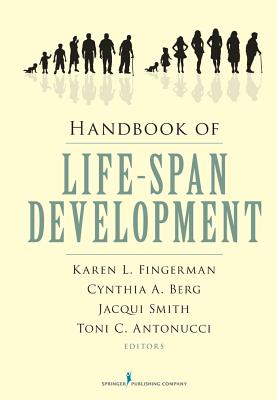Old age has become a normal and expected period of life, rather than an exception. The percentage of citizens aged 65 or older will double by the year 2050. Because of this profound demographic shift, it has become necessary to better understand the biological and psychological changes that occur over the lifespan and, more importantly, how socio-cultural and institutional factors can influence or mediate these changes.
This handbook comprehensively investigates the physical, cognitive, and socio-emotional development of the aging population. Covering innovative new theories of aging, the book discusses behavioral genetics, socio-emotional selectivity theory, various ecological models, and more. The book also examines the dynamics of close relationships among the elderly population, temperament and personality traits, and psychopathology. Additionally, given the number of demographical shifts of recent years, the authors also explore issues related to fertility and life expectancy, environmental contexts, technology, immigration, and public policy.












